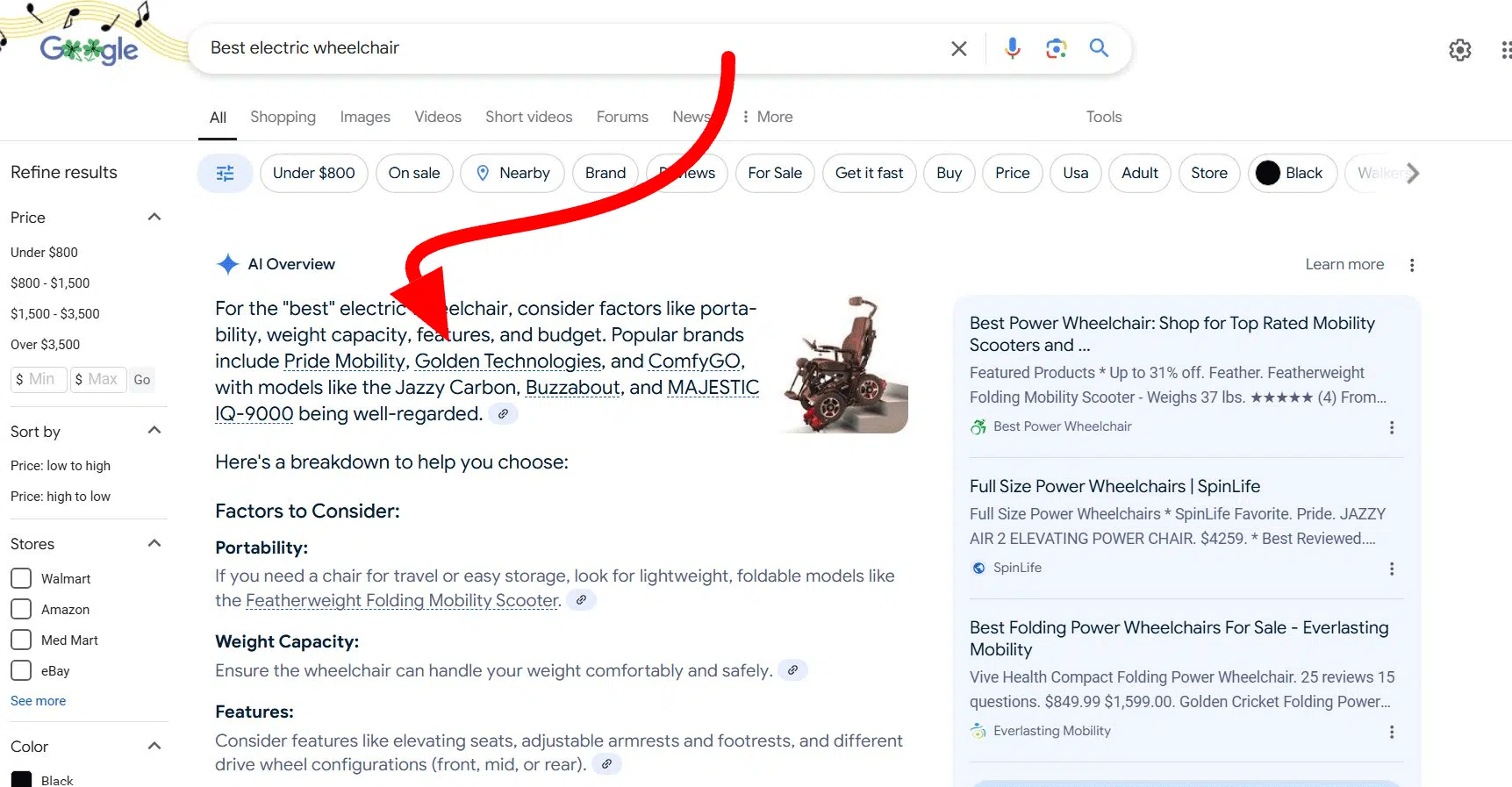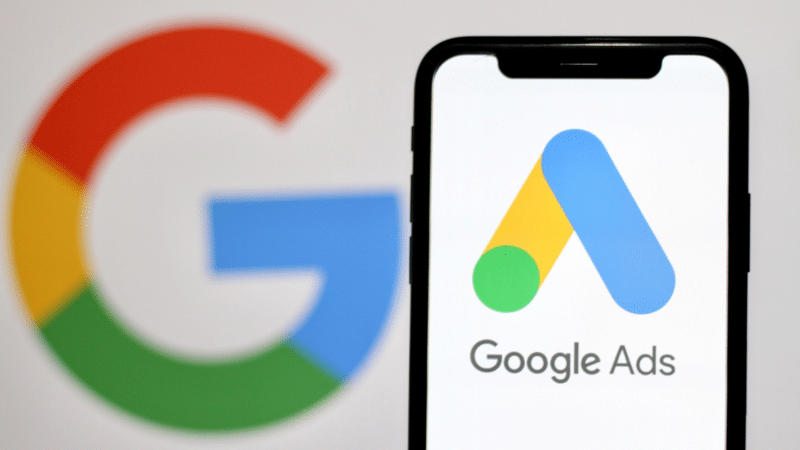Google officially rolls out links in AI Overviews to its own search results

Table of Contents
After testing this for a month, Google officially rolled out this method to help searchers explore more topics.
A few weeks ago, we caught Google linking text within its AI Overviews to its own search results. Well, today that has become a new official feature within AI Overviews.
“To help people more easily explore topics and discover relevant websites, we’ve added links to some terms within AI Overviews when our systems determine it might be useful,” a Google spokesperson told Search Engine Land.
What it looks like. Here is a screenshot we posted of this back then:

Clicking on those underlined links in the text of the AI Overview, both at the top and in the middle section, will take you back to a new Google Search. The smaller link icons take you to the side panel links, those go to publishers and external websites.
Why. Google said they are doing this to make it easier for searchers to explore topics. Google
told me they have seen that people often end up manually searching for certain terms as a separate query from these AI Overviews. Google said that during their extensive testing, they have heard from users that they find it helpful to be linked directly to a relevant results page in these cases.
This helps reduce the need for searchers to enter a new query, instead they can just click on these links. Google says this leads to a “much better search experience.”
Google’s systems prioritize linking to third party websites within the AI Overview response when Google has a high confidence that those websites will help the user find the information they’re seeking, a Google spokesperson told me.
Where. Google said this new feature is available in English in the U.S., on both mobile and desktop.
Why we care. Publishers have been begging Google to send them more traffic through Google Search. Now, with this new feature officially launching, you have to assume Google will send less traffic to publishers and more traffic to its own search results.
Again, Google says this is about giving searchers what they want and making it easier for them to explore topics. But again, for publishers and site owners, this may not be a good thing.
If you liked the article, do not forget to share it with your friends. Follow us on Google News too, click on the star and choose us from your favorites.
If you want to read more like this article, you can visit our Technology category.




